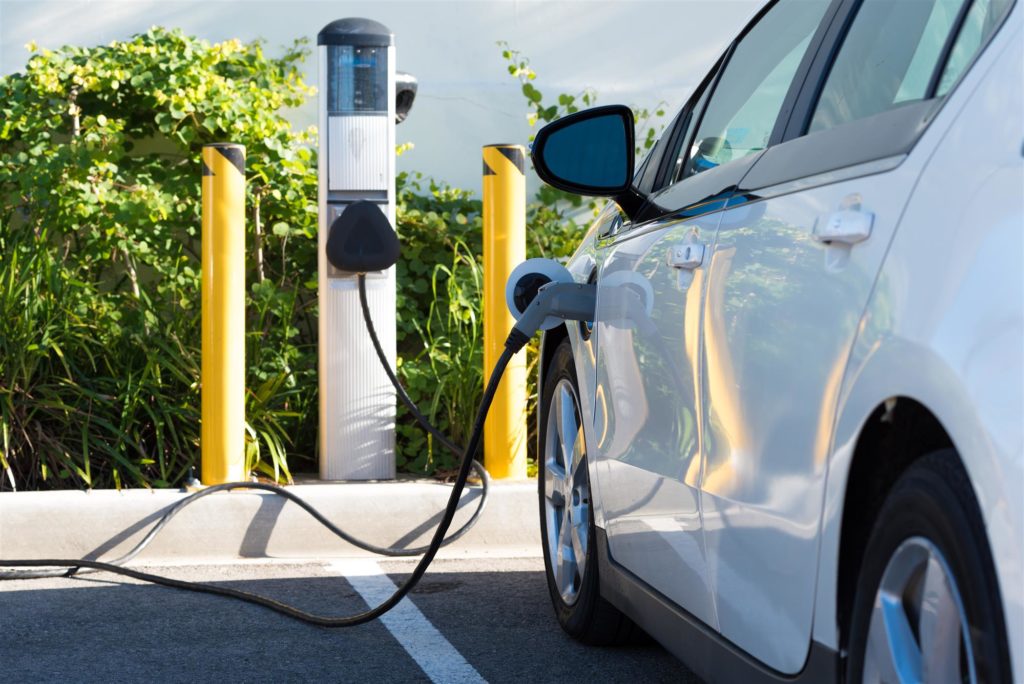The government, according to a report by Xinhua, is looking to revive the local motor assembly industry. Speaking to ZBC News Quest Motors’ General Manager Tom Sarimana said the following.
“We can produce in excess of 10,000 vehicles and we can employ at least 3,500 workers per day in three eight-hour shifts if the business is there. The facility is there and so is the infrastructure. We have also started to make our own jigs as opposed to what we did in the past”
Quest Motors has been around since the 1960s and it holds the franchises for Mitsubishi, Toyota, JMC, Chery and Foton. The company has also been assembling Volvo, Leyland and Nissan busses in the past while holding the franchise for Yutong and Zhongtong.
advertisement
If Quest is to get back to where it was way back when. It needs to factor electric vehicles into the mix and here’s why.
Carmakers are slowing the production of Internal Combustion Engine (ICE) vehicles in the 2030s
In recent months there have been a number of car manufacturers who have announced that they will no longer be making ICE vehicles in the 2030s. American giants Ford and General Motors will stop selling EVs to Europe by 2030 and 2035 respectively. The former has put down US$1 billion to build an EV factory in Germany.The Volkswagen Group which is made up of Audi, VW, Skoda, Seat, Porsche and more is looking to have up to 25% of vehicle sales coming from EVs. Toyota as well has said that it wants to sell 5.5 million electric vehicles by 2030.These are massive companies and they command a large portion of the car market. This has also been echoed by nations as by 2035 you won’t be able to buy a non-electric vehicle in the UK and the same is for the EU.The future in motoring looks to be electric and if the motor assembly industry in Zimbabwe is revived EVs should be a part it.
EVs should be a part of the vehicle assembly in Zimbabwe
In our conversation with the founder of Zimtorque, Tanaka Kutama last month. We were startled that the govt is still working to iron out the fine details of an e-mobility framework. This regulatory framework, among other things, outlines the incentives and benefits that EV owners in Zimbabwe will get. The one that we know to be certain is the import duty reduction for EVs.Without this initial first step, there is no way we can expect to gain ground on other countries like South Africa who already bodies and regulations that deal with EVs.The next step in that chain is to get as many technicians trained as possible. This is both to accommodate for the EVs that are already here and for those that will hopefully be assembled in the country. The last step is of course assembling EVs in Zimbabwe, be they Battery Electric Vehicles (BEVs), Hybrid Electric Vehicles (HEVs) or Plug-in Hybrid Electric Vehicles (PHEVs)Quest Motors, as mentioned earlier, has the franchise for Mitsubishi and Toyota who both have a number of BEVs and PHEVs. Like the PHEV Mitsubishi Outlander or the more popular Toyota Prius.Zimbabwe shouldn’t be left behind on this one. This past weekend we saw the announcement that South Africa is preparing to manufacture and sell Hydrogen Fuel Technologies. This is not only for power generation for schools and hospitals. But will also position SA nicely in the Hydrogen Fuel Cell Vehicle market on the continent and in the world.It would be a real shame if the government doesn’t try to make a claim in one of the many future industries.-techzim

